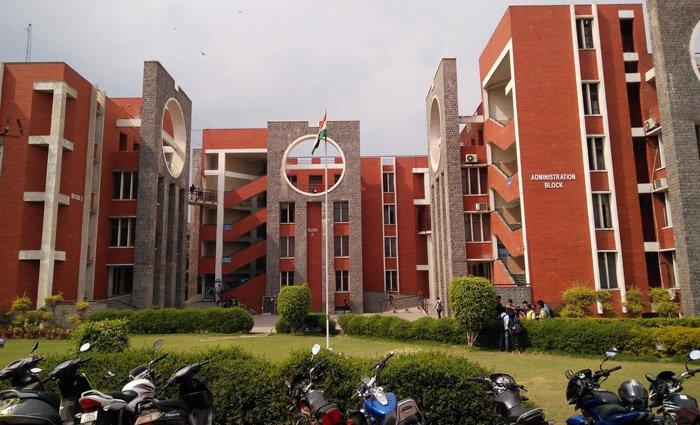Why Are Engineering Colleges Across the Country Closing Down?

All India Council of Technical Education (AICTE) has received applications from a number of engineering colleges across the country seeking permission for closure – leading to a cut-down of 1.36 lakh seats. A report by The Indian Express on Saturday stated that the AICTE, regulator for technical education, has received applications for closure from 83 engineering institutes that collectively offer 24,000 seats. Similarly, 494 colleges have asked for permission to discontinue undergraduate and postgraduate courses, which will result in elimination of 42,000 additional seats.
Struggling to admit new students, another 639 institutes have asked the AICTE to be allowed to reduce their intake by 62,000 seats collectively. This development is in line with the rule of the regulator, which mandates reducing 50 per cent seats in engineering and technical institutes if it failed to admit at least 30 per cent students of the total sanctioned strength in last five years. Similarly, programmes, where the student intake is zero, will be closed immediately.
Engineering constitutes 70 per cent of the total technical education seats, whereas the management, pharmacy, computer applications, architecture, town planning, hotel management and other applied arts invite 30 per cent students.
Privatisation left students in lurch
After enjoying a boom for years, the field of engineering started witnessing lack of interest from students and parents. Talking to Newsclick, Vikram Singh, Secretary, Students Federation of India (SFI), said that privatisation of education resulted in sudden increase of number of colleges and their subsequent closure. "It also exposed us to a situation, where colleges and institutes failed to comply with the minimum norms to impart quality education. They were only interested in getting their seats filled. Since, the market has been deciding the matters, we really did not have any control," he said.
Neither Quality, Nor Quantity
The closure of colleges on such a scale also reflects years of failed attempts to produce quality engineers. "We are of the understanding that the country still needs more engineers to meet the demand. Country's biggest producers of jobs are in construction sector and it still needs thousands of civil engineers, but the problem lies with quality. Even a FICCI report acknowledged that only 2 per cent of all engineers in the country are employable," said Singh.
He added that the budget for technical education has seen a decline in recent years. The government's intention is to get few world class institutions, but no quality institutions that cater to the needs of the country.
"Secondly, its disconnection with the industry has resulted in a situation, where engineers are compelled to work with a meagre salary of six to seven thousand. There are no jobs in the market. So, why should a student spend 10-15 lakhs for such a future?" questioned Singh.
Get the latest reports & analysis with people's perspective on Protests, movements & deep analytical videos, discussions of the current affairs in your Telegram app. Subscribe to NewsClick's Telegram channel & get Real-Time updates on stories, as they get published on our website.
























